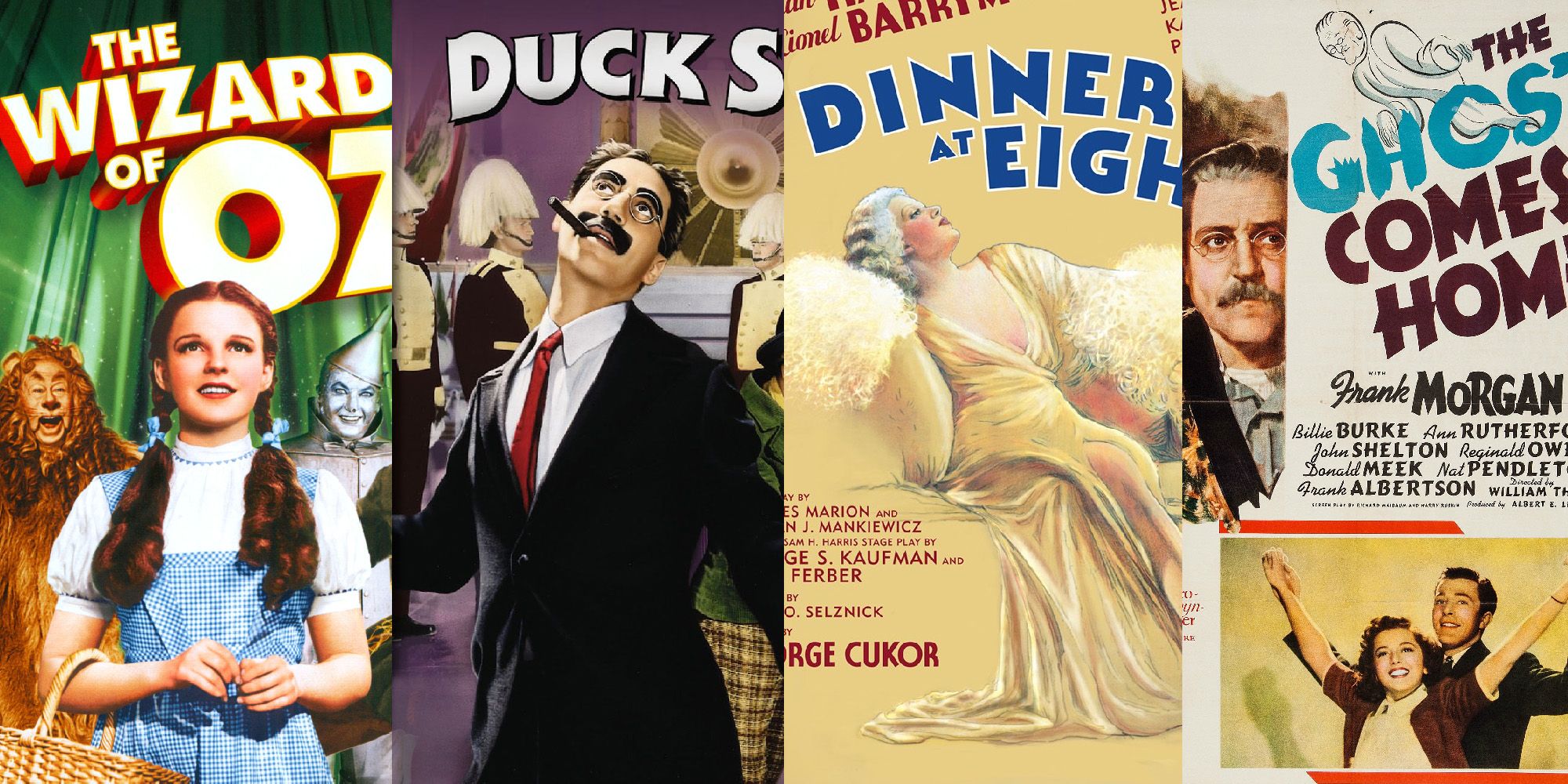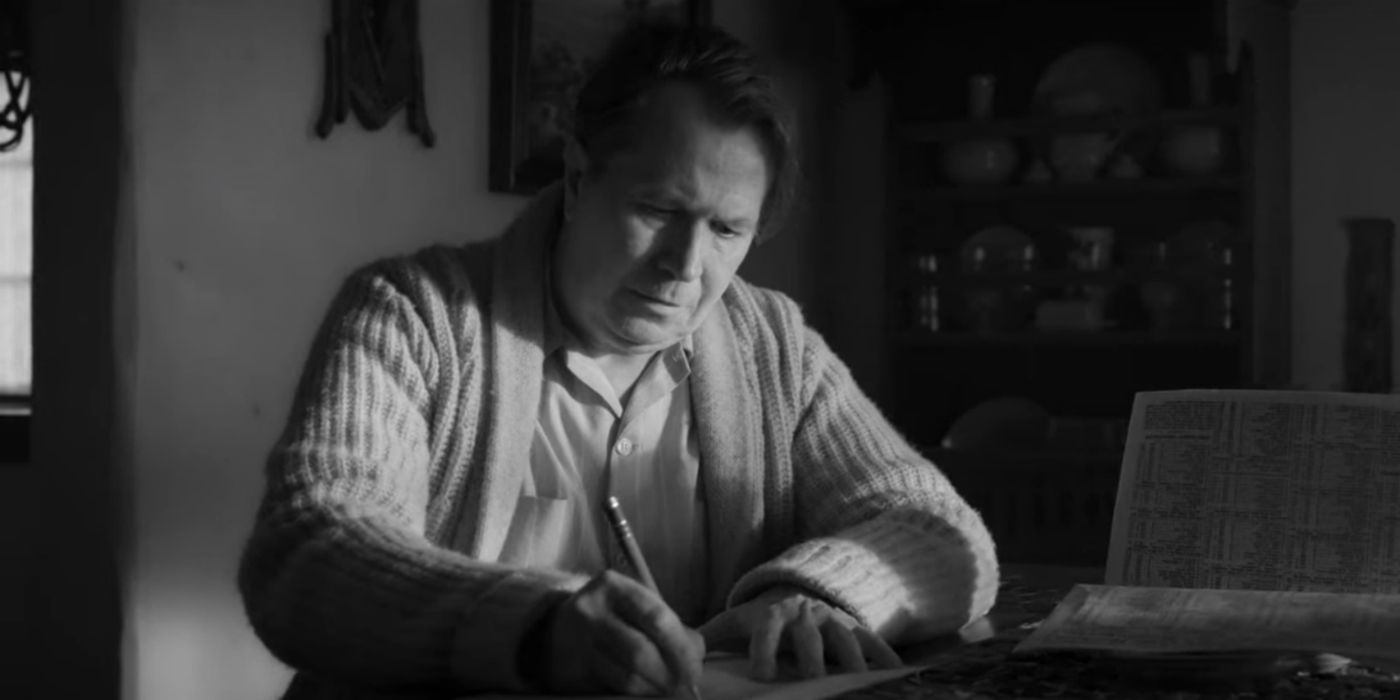
Though Herman J. Mankiewicz, subject of Academy-Award-nominated director David Fincher's new Netflix biopic Mank, went down in history as the screenwriter of Citizen Kane, he contributed to more than fifty other scripts across a career spanning over a quarter-century. "Mank," as he was known amongst his film industry contemporaries, endured a tumultuous life, a first-generation American born to German-immigrant parents. After cutting his teeth as a reporter and dramatic critic at various news publications in New York and abroad in Paris, a keen-eyed Hollywood producer recruited him to leave the east coast for the west and write for the movies.
Mank turned out a prolific catalogue of films from the late '20s through the late '30s, a period marked by sea change in the industry with the widespread adoption of both sound and color. His distinctive style of writing, influenced as much by the fast-talking Broadway shows of New York as his equally wisecracking newsroom stomping grounds, helped characterize the prototypical American picture of the era. His stories offered a sardonic counterpart opposite the saccharine and polished world of drama and romance indigenous to American theaters as the time. Comedies that featured hard-boiled, quick-witted characters felt more realistic to audiences familiar with the cynicism of their own lives. But just what were these comedies? And how did we arrive at Mank's authorship of Kane?
After beginning as a titles writer for silent films in the late '20s, Mank wrote for a number of screwball comedies into the '30s. At the time, the practice of involving several different writers to 'doctor' scripts was common, and Mank often went uncredited for his work in spite of leaving his signature mark on many a film. The 1933 Marx Brothers comedy Duck Soup is an example of this, as Mank served as an uncredited producer on the project. The 1932 film Million Dollar Legs and 1933's Dinner at Eight, the latter adapted from the stage play, went on to become classic comedies of Mank's design. Indeed, famed critic and Mank scholar Pauline Kael described his work during this period as "about forty of the films I remember best from the twenties and thirties. ... he was a key linking figure in just the kind of movies my friends and I loved best."

In spite of the implementation of the Production Code in 1934, Mank saw some of his more noteworthy screen contributions during the late '30s and early '40s. Mank served as the first of an eventual 10 writers tasked with bringing to life L. Frank Baum's novel The Wizard of Oz. It was his idea not only to spend more time in Kansas to endear audiences to a relatable Dorothy, but also to contrast the lackluster farm with the vibrancy of Oz by shooting them in black-and-white versus color. After another uncredited contribution to an adaptation of a stage play with The Ghost Comes Home (1940), he linked up with wunderkind Orson Welles on a project loosely inspired by the life of news tycoon William Randolph Hearst, a powerful contemporary of Mank's. And the rest, as they say, is history.
As it turns out, that history proved unkind to Mank. On top of the famed dispute over credit for Kane's authorship and a persistent fear of retribution from the larger-than-life Hearst, Mank battled alcoholism for much of his career. He died in 1953 at the age of 55, having left behind a career which spanned as many movies, and an influence which defined so many more. With the release of Fincher's Oscar-contender-biopic, here's to hoping the man receives his due in the annals of film history from an audience who may have previously been ignorant to the story behind one of the greatest stories of the American cinema.
from ScreenRant - Feed https://ift.tt/3qtDq4j



0 Comments